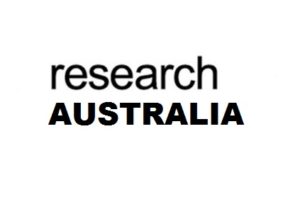Buying a house is not always about being able to meet the sale price. Forget the money you burn on petrol, driving from one house to the other, there are several other higher fees, taxes and charges that come into play once you’ve zoomed in on your dream home and have decided to put in a bid for it. To avoid an expensive shock later on, start including these expenses into your budget right from the very beginning.
Home inspection costs
Never buy a home without conducting both a building inspection and a pest inspection. Depending on the size of the property, these inspections may cost you anywhere from a few hundred dollars to $1,000. But they can help you identify problems that you were previously unaware of and can now use to bargain with the seller to bring down your purchase price. If the building inspection unearths some serious problems, you may also have to decide whether you want to continue with the deal or not.
If you are buying into a strata development, it will be a good idea to have a strata inspection done to make sure that all records are in proper order.
Lender’s fees
Since all lenders do not have the same charges, an outright comparison is not possible. But almost all lenders charge a one-time establishment fee, which is usually in the range of $500 to $1,000. Some lenders may charge a loan application fee, which is sometimes waived off to attract more business or clubbed along with the establishment fee. Other charges include monthly or annual account keeping fees, documentation charges, valuation fee and settlement fee.
Legal costs
The legal transfer of ownership of the property, otherwise known as conveyancing, may cost you a further $1,000, again depending on the size of the property. The procedure is normally performed by a solicitor, a realtor or a professional conveyancer, though you can cut costs by buying a do-it-yourself kit for about $100. It is up to you to decide whether the amount you save is worth the headache of trying to do the conveyancing on your own.
Stamp duty
Depending on your state and the purchase price, you will have to pay a stamp duty of three to five percent. However, some states offer concession or exemption for first-time homeowners under some conditions.
Insurance
If you are putting in less than 20 percent as a deposit, most lenders are going to insist that you buy mortgage insurance. Mortgage insurance is to protect the lender in case you default on your payments and will cost you an additional few thousand dollars.
Moving and settling costs
Depending on where you are moving from and how much stuff you have, you may need to hire a professional mover. If you are planning to rent a van and transfer your stuff yourself, you can cut down costs. After moving into your new home, you will have to spend a few more hundreds for installation of utilities and cable service. If you’ve moved into a strata building, you may also have to shell out additional money for strata fees.
Kurt Jacobson is a snowboarding enthusiast with a background in real estate. Having moved 11 times in the past nine years, he thrives on helping others learn from his experiences. When he’s not out shredding the mountain, he writes about all things home related for the website HouseHunter.co.







Leave a Reply
You must be logged in to post a comment.